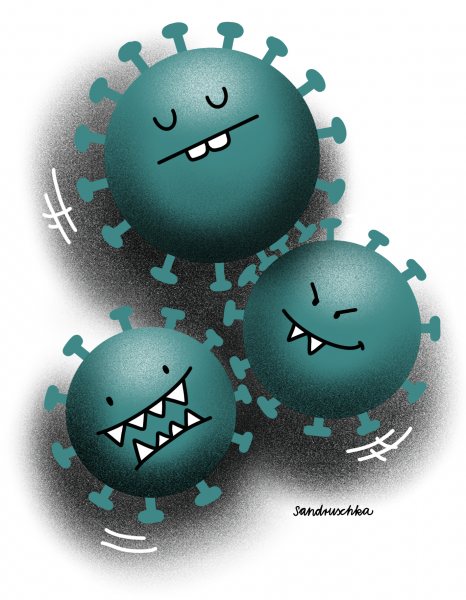26 - If it ain't broke, don't fix it?

Since they no longer spoke the old languages, no money could be distributed to the people in need.
In early 2020, the COVID-19 disease, caused by the coronavirus SARS-CoV2, broke out globally, which led to the closure of many shops and businesses for quarantine reasons. The result, especially in the USA, was a large number of unemployed people who urgently needed money for their next rent payment, food or other expenses. As a consequence, the government decided to set up a relief package for anyone who registers as unemployed - but why didn't the money get to the people?
The reason for this was the overload of critical systems on which COBOL is still running. COBOL is a programming language that was developed in the late 1950s to control commercial applications. From today's perspective, the programming language is very outdated and no longer taught in the training of programmers. That is why there was no personnel to take care of the systems when they collapsed. Unfortunately, many applications with the outdated programming language are still running in the business sector. In order to solve this urgent problem, the Trump administration is now desperately attempting to get previous COBOL programmers to come out of "retirement".
This example shows that even if a system (supposedly) runs well, it might, especially in the IT area, not be a horse you should be backing. Innovation and evolution are important in computer science. Existing systems should be questioned, since requirements can change and established habits can lead to problems from today's perspective. For example, at some point data might no longer be able to be called up or might exist in formats that are increasingly difficult to be processed.
